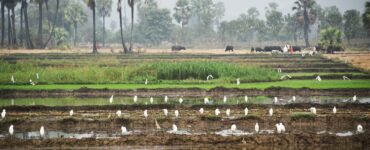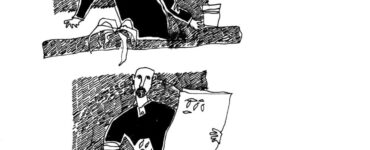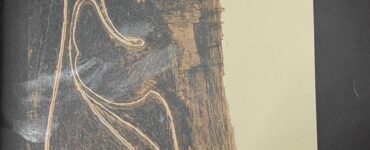There are novels galore that depict human cruelty and depravity through the characters and the scenarios they create. Aravind Adiga’s The White Tiger is one such book. Detective fiction, crime thrillers, also paint pictures of humans caught in a moment of passion or cold-blooded planning to step out of accepted bounds and commit acts that turn the stomach. While novels abound in gory descriptions, what is it about poetry that stays away from descriptions of the heinous? I may add here that epic poetry has not shied away from stark detailing. Narasimha avatar tearing up the tyrant king, limb for limb, Bhim slaying Dushasana, Perseus decapitating the Gorgon Medusa with Zeus’ adamantine sword, Beowulf killing Grendel with his bare hands and Grendel’s Mother with a sword … Epic poetry engaged with violence head-on, captivating its audience, drowning them in emotion, leading them on to catharsis.

We do have “Thoughtless Cruelty” by Charles Lamb.
There, Robert, you have kill’d that fly – ,
And should you thousand ages try
The life you’ve taken to supply,
You could not do it.
…
…
A fly a little thing you rate –
But, Robert do not estimate
A creature’s pain by small or great;
But, this is a mere chide! A moral science lesson! There is no detailed description of the squashed fly that will turn our stomach and make us eschew violence.
Why is poetry unable to describe violence? What makes it turn away? Why is the poetic impulse largely good, decent, life-affirming, despite all the negativity that surrounds it? Why, when the poet is wandering “lonely as a cloud” must “A host of golden daffodils” make the poet “gay/ In such a jocund company!”? Why, when humans are jumping off a blazing twin tower and people are standing around witnessing this horrifying scene, why will poetry not describe the horror in detail, why will the poet’s language, unlike contemporary cinema, avoid gore? Why will the poetic imagination create a metaphor and keep the blood well hidden?
“Photograph from September 11”
by Wislawa Szymborska translated by Clare Cavanagh
They jumped from the burning floors—
one, two, a few more,
higher, lower.
The photograph halted them in life,
and now keeps them
above the earth toward the earth.
Each is still complete,
with a particular face
and blood well hidden.
There’s enough time
for hair to come loose,
for keys and coins
to fall from pockets.
They’re still within the air’s reach,
within the compass of places
that have now opened.
I can do only two things for them—
describe this flight
and not add a last line.
Our twenty first century is one of the cruellest and one of the most violent times in human history. Yet, where are the poems that curdle our blood by describing in detail how children in Palestine die?
Read, “How I Kill Soldiers” by Ahlam Bsharat, (who lives in Ramallah) translated by Fady Joudah.
…
…
Poetry was my chance
to settle the score with killers,
but I let them age outdoors,
And I want them to know decay
in their lives, their faces to wrinkle,
their smiles to thin out,
and their weapons to hunch over.
So if you, dear readers, see a soldier
taking a stroll in my poem,
trust that I have left him to his fate
as I leave a criminal
to his many remaining years,
they will execute him.
While discussing this translation in the Los Angeles Review of Books, Fady Joudah prompts us to “think of the compassionate yet resolute language of the many survivors of great suffering in history, their dignified reconciliation with their oppressors.”
I am no guru and fartherest away from being a saint! I may only imagine, guess, conjecture and, that too, probably, erroneously. Yet, I strongly feel that in keeping the “blood well hidden.” and by not adding “a last line” poetry actually becomes a life line, a means of keeping our humanity alive despite the dark forces that threaten to engulf it.
*









Add comment